Even with almost complete market dominance, there are many alternatives to the Google search engine. Here is our detailed list.
Google Search was initially launched in 1998, and grew immensely in popularity over the years, quickly defeating Yahoo! to become the most used tool to browse the Internet for information.
In recent years, there have been numerous complaints hurled against the engine, particularly with algorithm updates. For instance, the March 2024 Core Update resulted in a great purge of many websites that creators have argued provided substantial value, resulting in severe limitations for many small businesses to have a corner of the Internet.
What’s more, many argue that Google search has faults in privacy, copyright manipulation, and its approach to AI.
For creators, many of these platforms provide Webmaster Tools (like the Google Search Console) to monitor content being indexed on the search engines. This article will list which ones support the feature.
Top Search Engines by Market Share in 2024

Google remains the king of search in terms of overall users, with an average market share of over 90% across all devices since 2014. Here are all the top competing search engines across every platform, with data from Oberlo.
| Search Engine | Global Market Share (%) |
|---|---|
| 91.62 | |
| Bing | 3.31 |
| Yandex | 1.84 |
| Yahoo! | 1.08 |
| Baidu | 0.77 |
| DuckDuckGo | 0.53 |
Best Alternatives to Google Search
Bing

Initial release: 2009
Webmaster Tools: Yes
The largest contender to the Google search engine is none other than Bing, the solution created by Microsoft. It is based on the predecessors MSN Search, Windows Live Search, and Live Search. Bing has embraced an open-source indexing algorithm over time.
Its implementation of AI in 2023 caused Google to quickly compete with Search Generative Experience (SGE). Much of the rest of the Internet’s search engines are powered by Bing’s technology.
Creators can take advantage of Bing Webmaster Tools to help index their site and track their performance across search results on Microsoft’s platform.
Yandex

Initial release: 1997
Webmaster Tools: Yes
Yandex is the definitive search engine of the Russian Federation, built by one of the largest tech companies in the nation. It provides a user-friendly interface and most of the features seen across global competitors.
Creators can take advantage of Yandex Webmaster Tools to help index their site and track their performance across search results on Russia’s platform.
Yahoo!

Initial release: 1995
Webmaster Tools: No
Yahoo! predates Google. While it started off as a web portal, the company created its own search engine in 1995. All search results are powered by Bing. To this day, it still occupies a decent market share.
Its most outstanding feature includes its news and finance section, which is a favorite tool for investors.
As Yahoo Search is powered by Bing, the engine does not have its own dedicated Webmaster Tools.
Baidu
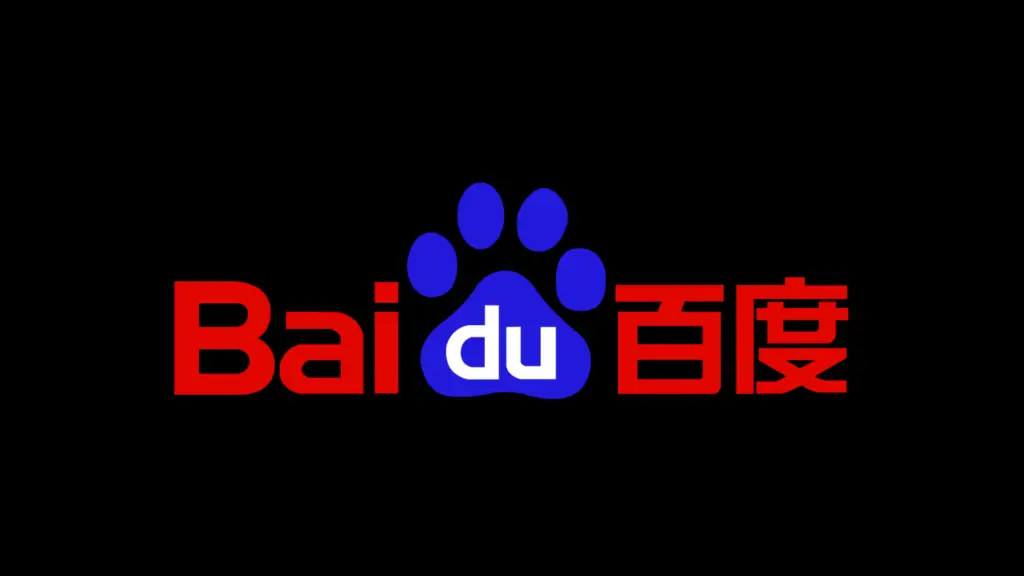
Initial release: 2000
Webmaster Tools: Yes
Baidu is the largest search engine in China, and the company offers its own online encyclopedia, mapping service, cloud storage service, and keyword-based discussion forum.
Creators can take advantage of Baidu Webmaster Tools to help index their site and track their performance across search results on Russia’s platform.
DuckDuckGo
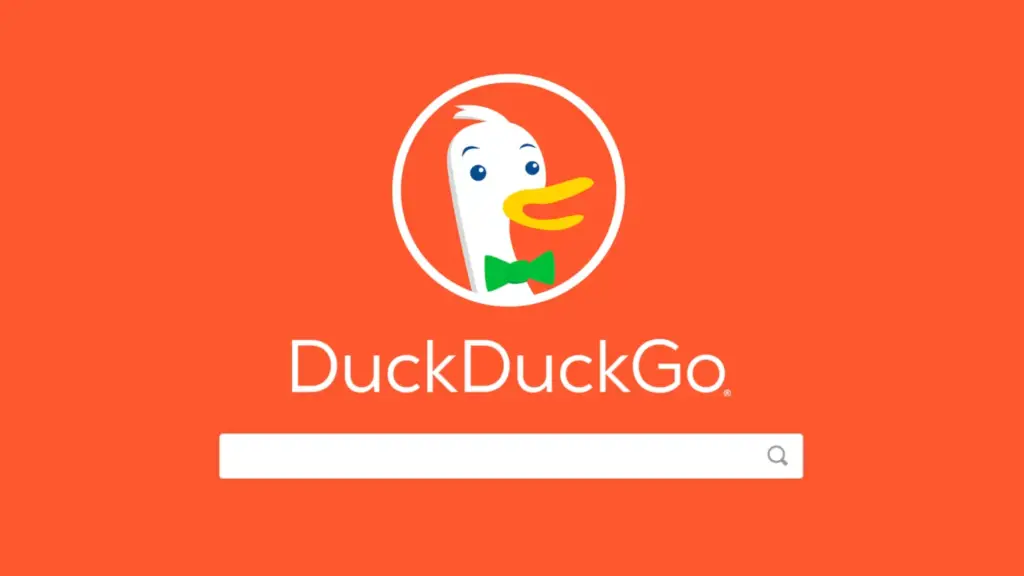
Initial release: 2008
Webmaster Tools: No
DuckDuckGo holds a reputation for being the most private search engine in the world, as the company behind it has focused on this feature above all since 2010.
User search history is saved in a way that does not keep identification. This means not storing tracking cookies, IP addresses, and personal identifiers. It also does not share any personal information of the user with the more than 400 sources it pulls data from.
As DuckDuckGo is powered by Bing, the engine does not have its own dedicated Webmaster Tools.
Brave

Initial release: 2021
Webmaster Tools: No
Brave Search is a private search engine founded by Brendan Eich, the co-founder of Mozilla Firefox and creator of JavaScript. It is the default search engine for the Brave browser, a tool based on Chromium that automatically blocks the majority of website trackers and advertisements in its standard settings.
It used to rely on Google and Bing for its SERPs but has now become completely search-independent.
Currently, Brave does not offer creators dedicated Webmaster Tools.
Ecosia

Initial release: 2009
Webmaster Tools: No
Ecosia is a Germany-based search engine with an emphasis on protecting user privacy, supporting full financial transparency, and embracing an eco-friendly approach to business by being B Lab certified. The company has planted over 200 million trees since its initial inception.
As Ecosia is powered by Bing, the engine does not have its own dedicated Webmaster Tools.
Yep

Initial release: 2022
Webmaster Tools: No
Yep is a creator-focused search engine developed by Ahrefs, an SEO and website promotion services company. It only collects personal data when it is voluntarily provided, or when seeking customer support. The index is populated by its own crawler, and it has a 90/10 revenue share model in which 90% of revenue is paid directly to creators.
Currently, Yep does not offer creators dedicated Webmaster Tools. However, you can use AhrefsBot to ensure your pages can be indexed by the crawler.
Startpage
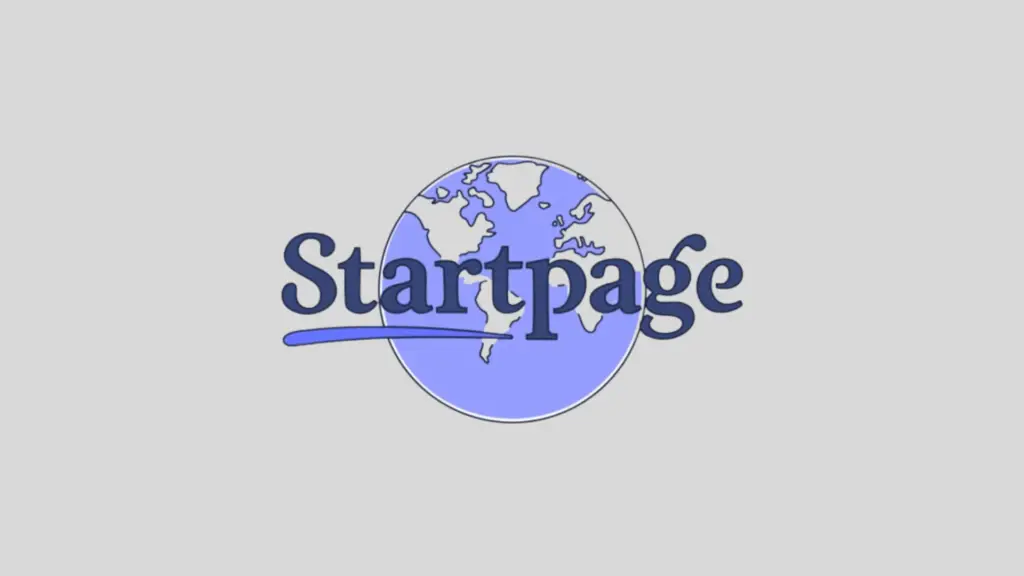
Initial release: 2009
Webmaster Tools: No
While Startpage bases its search results on Google, all queries are anonymized before anything is displayed. This means the identification of information, including the user’s IP address, is blanketed. There are no tracking cookies used either.
Startpage is also compliant with the General Data Protection Regulation (GDPR), a European Union regulation designed to protect the data of users.
Qwant
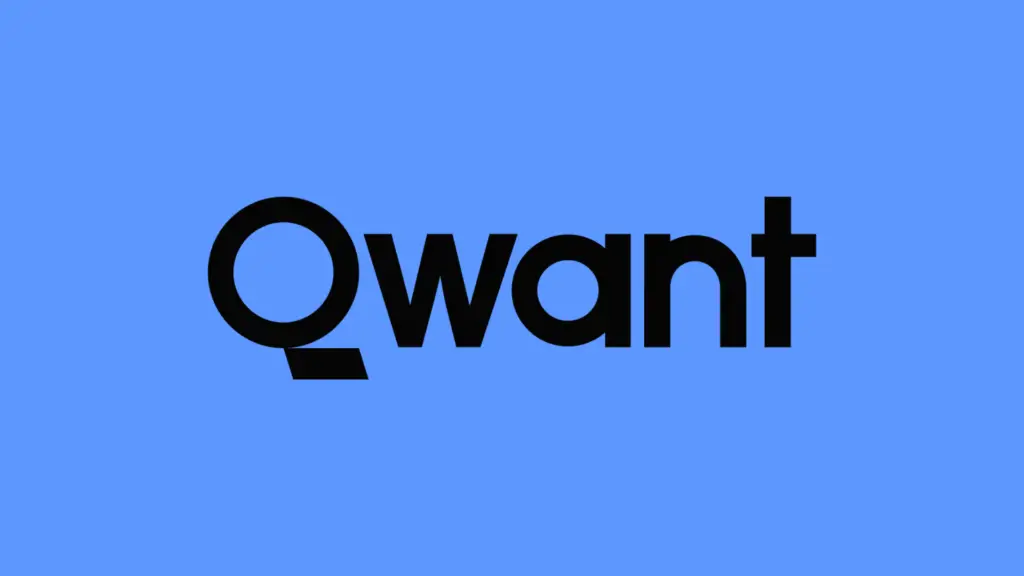
Initial release: 2013
Webmaster Tools: No
Qwant is a French-based search engine with results powered by its own web crawler and Bing. While it claims to be private, stating it does not track users’ geolocation, data, or tracking cookies, it keeps your IP address for the purposes of detecting fraud.
You.com

Initial release: 2021
Webmaster Tools: No
You.com is a modern search engine that utilizes Bing results as a source of data and presents itself similar to OpenAI’s ChatGPT. Similar to other newer tools in this category, You.com embraces privacy and personalization when displaying results.
Over 150 apps are available for users to add to search engine rankings. For instance, you can add sections with dedicated results from Amazon, TripAdvisor, and YouTube.
It also offers its own array of AI tools, including YouChat, a chat assistant, YouWrite, a writing assistant, and YouImagine, an image generator.
Swisscows
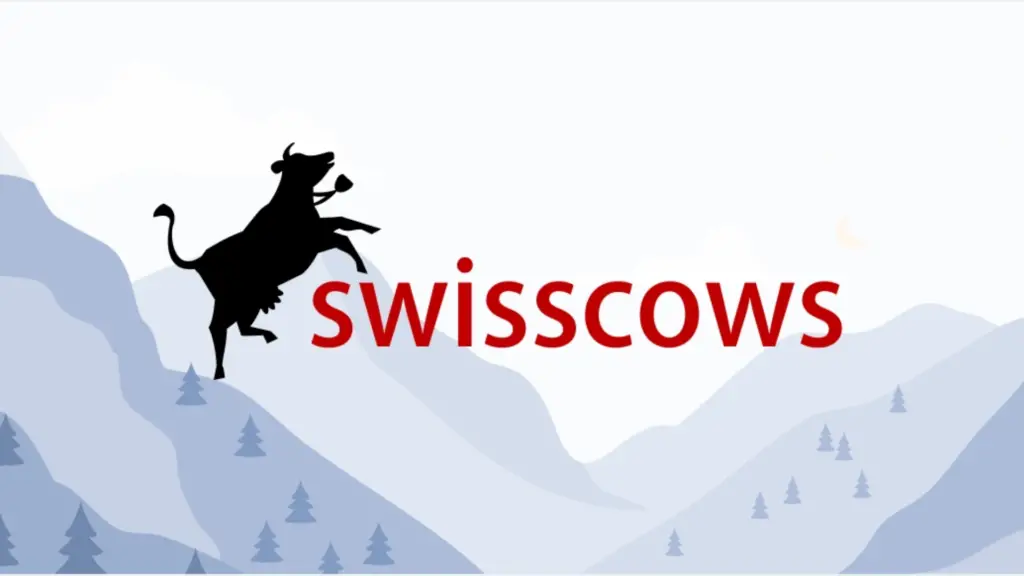
Initial release: 2014
Webmaster Tools: No
Swisscows is a Switzerland-based search engine that stands out for automatically filtering NSFW and violent search results. It also embraces privacy by omitting geo-targeting and the use of tracking cookies.
Although its search results come from Bing, the Swisscows search engine strips queries of personal identifiers.
Mojeek

Initial release: 2004
Webmaster Tools: No
Mojeek is a private search engine based in the UK with a unique index of more than 6 billion pages, making it deal to use to acquire unbiased information. It also means the results are limited, as it refuses to pull results from other engines.
Personal data is not distributed or sold, and it is fully compliant with GDPR.


